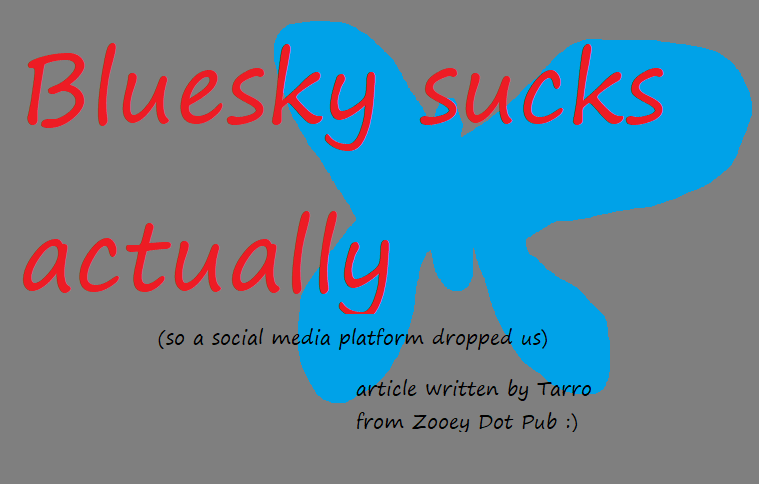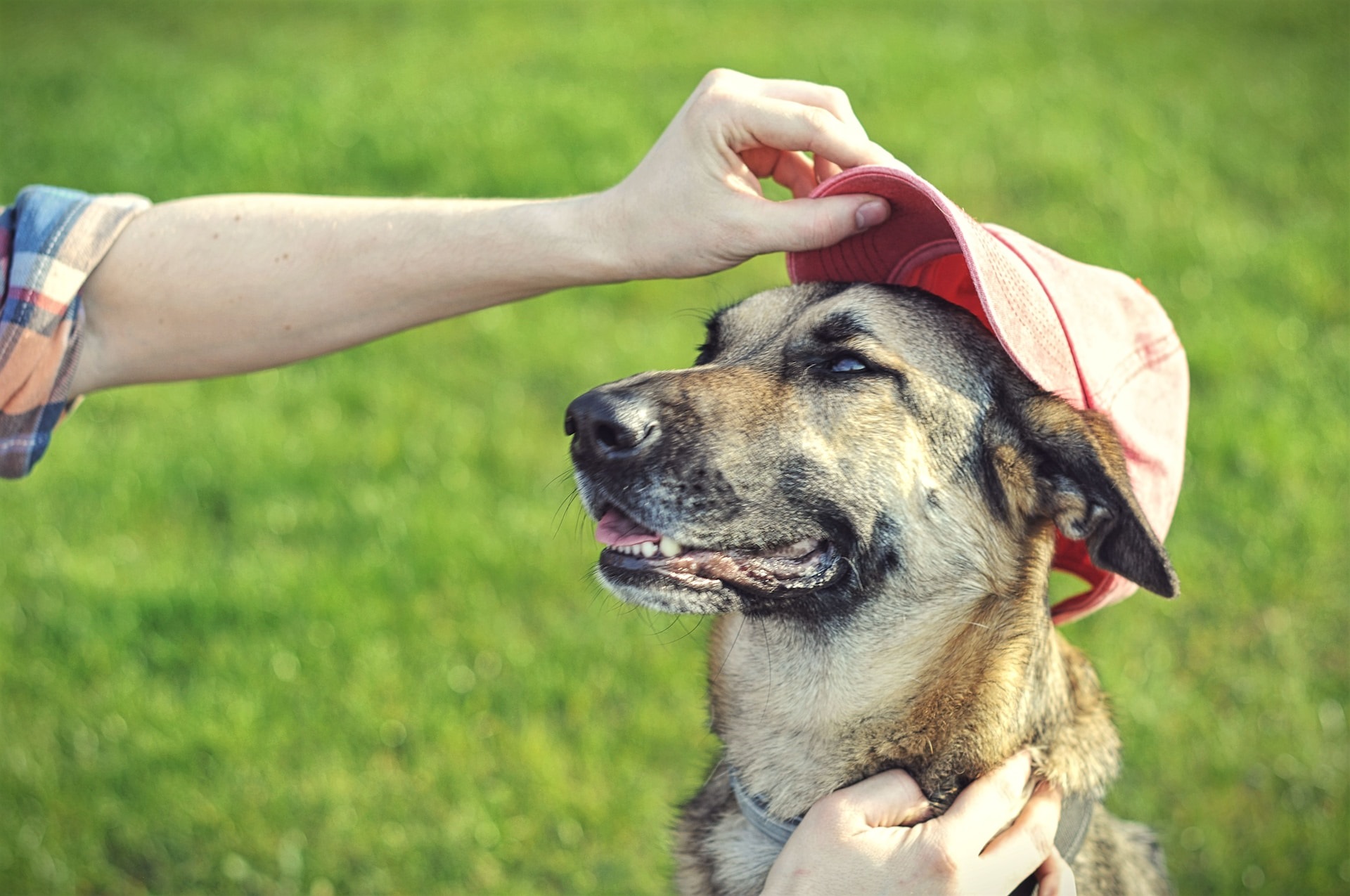A Response to Zoo Media Training

This is kind of a response to Tarro's article Zooey Media Training.
Since I joined ZETA Verein in late 2012, I've given about a dozen interviews to journalists and talked to a couple of scientists as well. Most of it was in German, but the things I learned through these interviews should be valuable for every kind of interview with journalists.
1: Great journalists are rare
My first interview was with the tageszeitung. The journalist did an excellent regarding research. We had about 5 hours of preparation interview before we met at a place in order to do the actual that would become the printed interview. During the preparation interview we were able to give her a couple of sources to read, and I think she at least did read a couple of them.
But even if she didn, the preparation did help her a lot to ask good question and lead an interview that would be insightful for the readers. She did a great job transforming a more than 3 hour interview into the article I linked above.
Unfortunately, there has only been 1 other journalist who did this amount of preparation for the actual interview.
2: Most of what you say will not be published
However, almost every journalist I talked to me a good amount of time so I could talk about the things I wanted to talk about. The shortest interview I had so far was about 1 hour (of which about 5 minutes were used in the end). Usually, journalists will try to find significant phrases to quote, which means that most nuanced, well-weighted, thoughtful, reflected arguments will not make it into an article. From all interviews there has only been 1 exception.
So, if you want to increase chances that certain opinions or messages are published, make sure that you find a way to condense that message in to a single, simple sentence. (I personally find it frustrating that journalism often works this way, but that's we have to deal with). t amplifies the importance of every single sentence you say, because it might be used to represent your positions.
3: Most interviews aren't confrontational
The most common interview request we had was to do a "portrait" of 1 or 2 of our members. The interviews are usually driven by curiosity and the journalist will ask respectful, open-minded questions. In some cases they even apologized before asking some of the "harder" questions. You usually don't see the questions in the article or video, though. You only see the answers.
Sometimes, journalists even try to get around explicitly asking the "harder" questions. They just ask questions like "Can you understand the criticism you receive?" so it's up to you to decide what criticism to react to.
The general approach of most ournalists seems to be: "Most people have never heard about this topic. Let's try to explain a couple of basics and maybe talk about misconceptions." Some of the interviewers also only asked questions based on answers I already gave. I think the idea behind that is to have the least impact on the topics that are discussed because every topic is brought up by the one who was interviewed. (However, when I brought up a topic, they sometimes asked a couple well prepared questions about that topic)
4: Some want to talk about sex, without talking about it
One of the most confusing aspects of the interviews I had was how many journalists approach talking about sex, because they all seem to have the same misconceptions and prejudices mind (yes: peanut butter and sexual violence against very small animals).
So, when they start asking about the ethical dimension of bestiality, that's the image they have in mind they don't want to talk about it directly, because they are afraid of hearing horrible things like the ones they . Fixing that perception often leads to surprise and confusion and I think it's important to always do that first.
5: Some seem to just want to write about sex with animals
When writing about zoophilia, some journalists seem to just want to write about the sex. They may have a 2 hour interview with you and then go on almost exclusively take quotes from the 15 minutes you talked about sex, painting a somewhat distorted picture of you.
This is both very unfortunate and also kind of understandable. "This dog is perfectly healthy, well-behaved and loves his human" just doesn't seem to be a headline that gets a lot of clicks. 99% of our relationship with our animal partner is not news-worthy, so most articles will distort the perception of zoophilia towards the sexual aspect.
6: Rehearsing answers is a bad idea
In one interview the journalist gave me a couple of questions he wanted me to answer. It was part of an interview series about tolerance where they gave the same couple of questions to every interview partner. Preparing my answer made it worse than when I would have just answered the question the moment they asked it. It was very weird to also know the answer I would give to a specific question and just "perform" that answer for the record. Even though it was the best answer I could give, it didn't feel genuine.
After that experience I always insisted on not knowing the questions beforehand whenever a journalist offered to give me (some of) the questions they would have.
Article written by Komet (January 2024)
Find him at https://twitter.com/KometSF
Questions, comments or concerns? Check out our Discord server!




